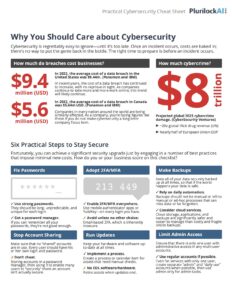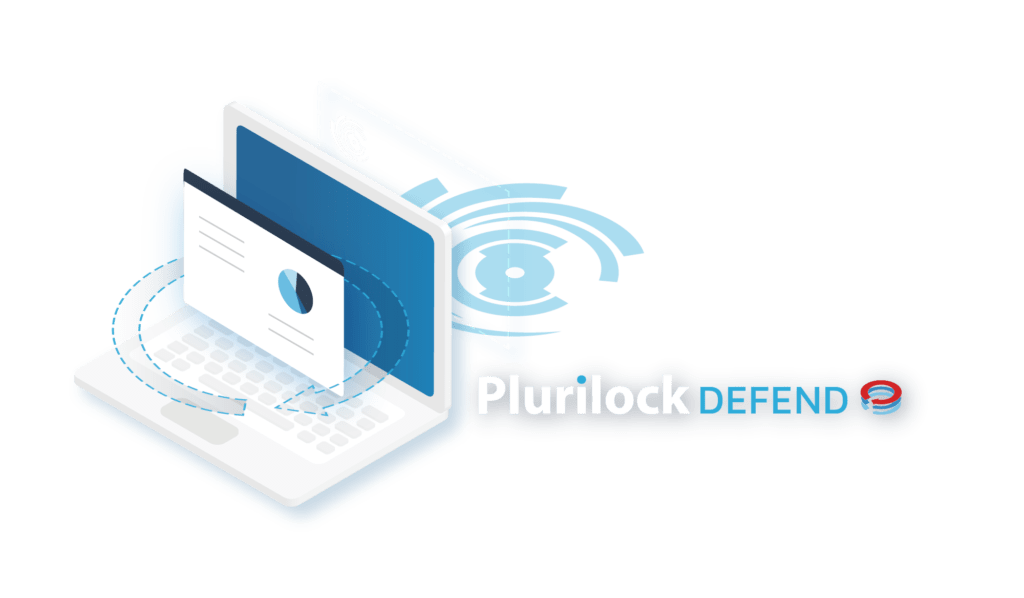Dictionary Attack in Cybersecurity: A Deep Dive
In the ever-evolving landscape of cybersecurity, attacks on computer systems and networks are becoming increasingly sophisticated and frequent. One of the oldest yet still effective methods employed by malicious actors is the dictionary attack. This deep dive aims to provide a comprehensive understanding of dictionary attacks in cybersecurity, exploring what they are, why they matter, and delving into their importance in the broader context of information security.
What is a Dictionary Attack?
A dictionary attack is a type of brute-force attack used by cybercriminals to gain unauthorized access to a system or an account. Unlike traditional brute-force attacks, where every possible combination of characters is tried systematically, dictionary attacks rely on a predefined list of words, phrases, or commonly used passwords, known as a “dictionary” or a “wordlist.” The attacker systematically tests each entry from the list, hoping to find the correct password or passphrase.
Key Elements of a Dictionary Attack:
- Dictionary or Wordlist: The core component of a dictionary attack is the wordlist itself. This list typically contains a wide range of words, phrases, and character combinations that are likely to be used as passwords. The more extensive and diverse the wordlist, the higher the chances of success for the attacker.
- Targeted System or Account: The attacker selects a specific system, user account, or service they want to compromise. The wordlist is then used to repeatedly attempt login or access using different entries until the correct one is found.
- Automated Tools: To conduct dictionary attacks efficiently, attackers use automated tools or scripts that streamline the process of trying each entry from the wordlist. These tools can make thousands of login attempts per minute, significantly increasing the chances of success.
- Password Policies: Dictionary attacks exploit weak or common passwords, making them especially effective against users who do not follow strong password practices. Password policies that require complexity and length can mitigate the success of dictionary attacks.
Why Dictionary Attacks Matter
1. Commonality of Weak Passwords
One of the primary reasons dictionary attacks are relevant is the prevalence of weak passwords across the digital landscape. Many users still opt for easily guessable passwords, such as “123456,” “password,” or common dictionary words. These weak password choices make dictionary attacks a potent method for attackers to gain unauthorized access.
2. Speed and Efficiency
Dictionary attacks are known for their speed and efficiency. Automated tools can cycle through wordlists rapidly, making thousands of login attempts per minute. This speed is especially concerning when targeting services with weak or no account lockout policies, allowing attackers to continue their attempts without interruption.
3. Credential Stuffing
Beyond individual accounts, dictionary attacks are also used in credential stuffing attacks. In these attacks, stolen username and password combinations from one data breach are used to gain unauthorized access to other online accounts belonging to the same users. Since many people reuse passwords across multiple platforms, attackers can exploit this behavior with dictionary attacks.
4. Low Barrier to Entry
Performing a dictionary attack does not require sophisticated technical skills. Malicious actors with limited knowledge can easily obtain or create wordlists and use readily available tools, making this attack method accessible to a broad range of cybercriminals.
5. Impact on Data Security
When successful, dictionary attacks can have severe consequences for data security. Attackers can gain unauthorized access to sensitive information, compromise user accounts, and potentially escalate their privileges within a network, leading to data breaches, financial losses, and reputational damage for individuals and organizations alike.
Importance of Dictionary Attacks in Cybersecurity
The importance of dictionary attacks in the realm of cybersecurity cannot be overstated. Here are some key aspects that highlight their significance:
1. Password Hygiene Education
Dictionary attacks serve as a wake-up call for users and organizations regarding the importance of good password hygiene. The ease with which attackers can compromise accounts using common passwords underscores the need for stronger, unique passwords.
2. Password Policy Improvement
In response to the threat posed by dictionary attacks, many organizations have improved their password policies. They now require users to create more complex passwords that are harder to guess, often including a combination of upper and lower case letters, numbers, and special characters.
3. Two-Factor Authentication (2FA)
Dictionary attacks have prompted the widespread adoption of two-factor authentication (2FA) or multi-factor authentication (MFA). Even if an attacker obtains a user’s password, they would still need access to the second factor, such as a mobile device or a biometric scan, to gain entry.
4. Threat Detection and Mitigation
Detecting dictionary attacks in progress is crucial for preventing unauthorized access. Organizations have implemented threat detection mechanisms that monitor login attempts and can block or require additional verification for suspicious activity.
5. Password Managers
To combat the risk of weak passwords and password reuse, the use of password managers has grown. These tools generate and securely store complex passwords for users, reducing the likelihood of successful dictionary attacks.
6. Regulatory Compliance
Various data protection regulations, such as the General Data Protection Regulation (GDPR) and the Health Insurance Portability and Accountability Act (HIPAA), require organizations to implement robust security measures to protect sensitive information. Failure to address the risk of dictionary attacks can lead to non-compliance and legal consequences.
7. Evolving Attack Methods
While dictionary attacks are a classic method, cybercriminals continually adapt and refine their tactics. They may combine dictionary attacks with other techniques, such as phishing or social engineering, to increase their chances of success. Staying vigilant and proactive is essential to counter these evolving threats.
8. Business Continuity and Reputation
For organizations, falling victim to a successful dictionary attack can result in disruptions to business operations, financial losses, and damage to reputation. Ensuring resilience against such attacks is critical for business continuity and maintaining the trust of customers and stakeholders.
Mitigating Dictionary Attacks
To mitigate the risk of dictionary attacks, individuals and organizations can take several proactive measures:
1. Strong Passwords
Users should create strong, unique passwords for each account. Passwords should be long, contain a mix of upper and lower case letters, numbers, and special characters, and avoid easily guessable words or phrases.
2. Password Managers
Using a reputable password manager can help users generate and securely store complex passwords for all their accounts. This reduces the risk of weak passwords and encourages good password hygiene.
3. Two-Factor Authentication (2FA) or Multi-Factor Authentication (MFA)
Enabling 2FA or MFA whenever possible adds an extra layer of security to accounts. Even if an attacker knows the password, they won’t be able to access the account without the second factor.
4. Account Lockout Policies
Implementing account lockout policies can deter attackers by temporarily locking accounts after a certain number of failed login attempts. This prevents rapid dictionary attacks.
5. Regular Password Changes
Regularly changing passwords, especially for critical accounts, can reduce the risk of prolonged dictionary attacks. However, this practice should be balanced with usability and the avoidance of easily guessable variations.
6. Monitoring and Detection
Implementing monitoring and detection mechanisms can help organizations identify and respond to dictionary attacks in real-time. Suspicious login attempts should trigger alerts and proactive measures.
7. Educating Users
User education is crucial. Users should be informed about the risks of weak passwords and the importance of password hygiene. Training programs can help them recognize phishing attempts and avoid falling victim to social engineering.
8. Regular Software Updates
Keeping software and systems up to date is essential. Updates often include security patches that address vulnerabilities that attackers might exploit in dictionary attacks.
Conclusion
In the constantly evolving world of cybersecurity, dictionary attacks remain a potent threat due to the prevalence of weak passwords and the ease with which attackers can exploit them. Understanding the nature of dictionary attacks, their impact, and the strategies for mitigating them is crucial for individuals and organizations alike. By implementing strong password practices, employing multi-factor authentication, and staying vigilant against evolving attack methods, we can collectively strengthen our defenses against this age-old yet enduring cyber threat.













